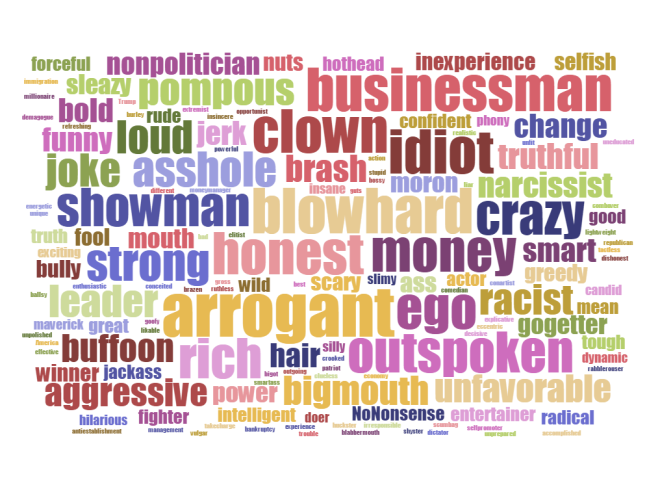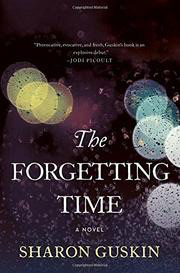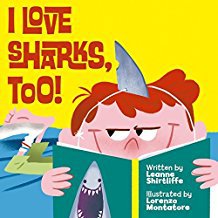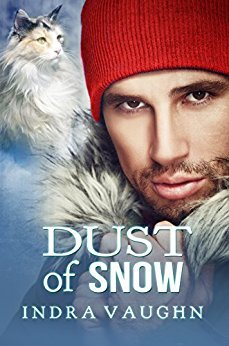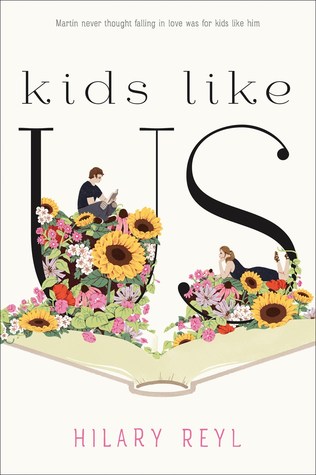
My rating: ★★★★☆ (3.5)
Goodreads review: ★★★★☆ (3.79)
Publisher: Text Publishing
Publish date: 25 January, 2018 (Originally pub 30/10/17)
Genre: Contemporary, YA
Other: high-functioning autism spectrum rep
I received this ARC from NetGalley in exchange for an honest review. A big thank you to Hilary Reyl and Text Publishing!

“I’m finding out that there are a lot of us who hate that the world is trying to cure us. I think the point is that we don’t need to be cured”
Martin is an American teen on the autism spectrum who is obsessed with literary masterpiece In Search of Lost Time and has just moved to the French countryside with his mother and sister, Elisabeth.
When Martin falls for a French girl he mistakes for the fictional character Gilberte he must come to the realization that she is, in fact, an entirely different girl, named Alice, and navigate his thoughts and emotions in a way that is unfamiliar to many.

There is something truly raw and genuine-feeling about this book, that I don’t feel like I come across often in YA contemporary.
Hear me out – I feel like a lot of YA contemporaries that focus on any type of mental health rep is very clean cut? Made too simple? Like the story is written about a person who just has exaggerated emotions and/or an incredible aversion to certain things? I don’t know how to describe it but a lot of stories miss something leaving them to feel disingenuous.
This is a book that didn’t have that issue.
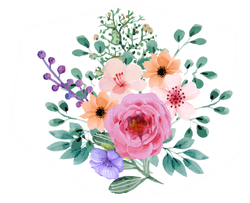
Kids Like Us is a very character driven story. The storyline is fairly slow moving, but in a way that lets you delve into the mind of Martin. The story focuses a lot on how Martin perceives the world through his understanding of Search, through the tools that he’s been developing with the help of his family and The Centre, and through his own intuition of how the world and others work.
I adored how much I felt I learned from this book. Reyl dives into so many little nuances that I haven’t come across before in autism-related lit. For example, a lot of Martin’s responses involve echolalia – repeating back what he’s heard before instead of using ‘original language’ – and mixing up his pronouns, both things that have featured very little, if at all, in other books featuring characters on the spectrum.
Of course, ASD, like so many other neurodiversities, develops and presents differently in one person to the next. But so often I feel as though the same things are presented over and over in a stereotypical way. In this way, Kids Like Us breaks free of this narrow-minded way of presenting autism.

I also loved the examination of identity in this book. Martin’s best friend, Layla, who is also on the spectrum begins a conversation about the neurodiversity movement – a movement that society should accept people on the autistic spectrum for who they are instead of trying to cure them.
The discussion of where the line is between equipping someone on the spectrum with tools to navigate the world and giving them therapy to develop them closer to being neurotypical/general-ed is, of course, a tough one that requires a lot of discussion and understanding on the topic.
But I truly admired it’s inclusion to the story. It is presented in a way that will fuel readers to ponder on the idea and how they view people on the spectrum.

There are a lot of other things that the book does well – this book will make you hungry and it will possibly make you want to draw moths on your shoes (for good reason, not just because it’ll look spunky).
You will fall in love with Elisabeth – she is everything that should be an older sibling and I can only wish I am as wonderful, even in all her flaws, for my smol brother and sister.
You will root for the friends as well, as they navigate the difference between friend and moth, and develop their own views and understanding of interacting with someone on the spectrum.

I will finish up by being completely transparent and saying that I can not comment accurately on the authenticity of the spectrum rep in this book, however, I did track down this ownvoices review by Jess @jmwcreads for you guys to check out.

Have you read Kids Like Us? If so, what are your thoughts? What are your favourite books featuring autism rep? And please, if I have said anything in a way that is not preferable for people who are on the autistic spectrum, let me know! I wish to be as sensitive in my discussion as possible.
Advertisements Share this:- More

